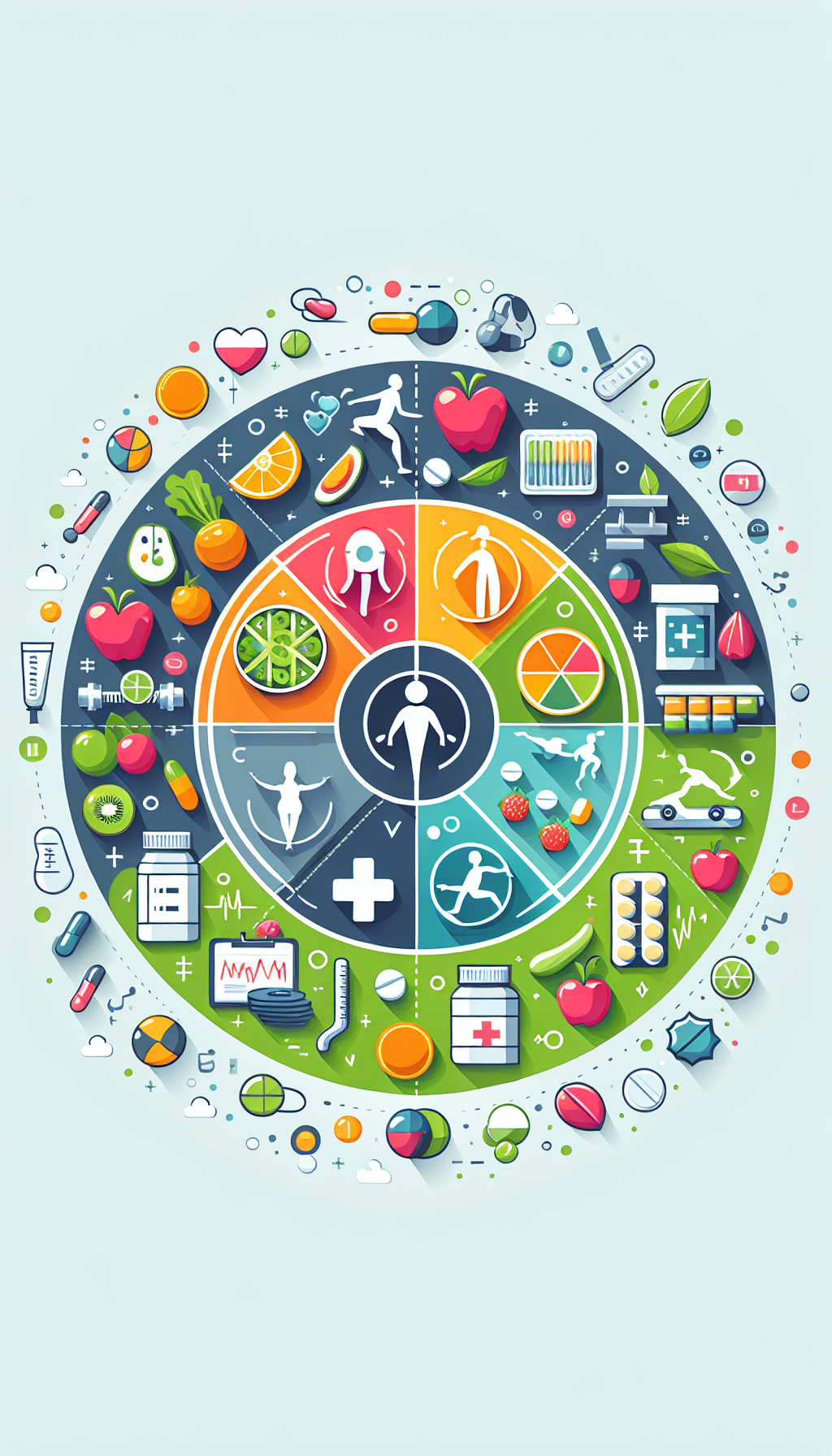In our quest for quick relief from common ailments like headaches, colds, or muscle pain, we often reach for over-the-counter (OTC) medications, trusting in their safety due to their widespread availability. However, the convenience of OTC meds can mask potential health risks, particularly concerning heart health. This comprehensive guide delves into the oft-overlooked cardiac risks linked to OTC medications and offers insights to help you make informed decisions for your cardiovascular well-being.
Understanding the Heart’s Vulnerability
Before exploring the risks associated with OTC medications, it’s crucial to understand why the heart is particularly susceptible. The heart, a tirelessly working muscle, requires a delicate balance of electrolytes, adequate blood flow, and precise electrical signaling to function optimally. Any substance that can alter these parameters can potentially disrupt heart health. For more in-depth information on cardiovascular health, visit Avix Health’s detailed guide on cardiovascular health.
Common OTC Medications and Cardiac Health
Several categories of OTC drugs can influence heart health, including pain relievers, cold medications, and stomach remedies. Here, we’ll examine the most common ones and their potential cardiovascular effects.
NSAIDs and Heart Risk
Nonsteroidal anti-inflammatory drugs (NSAIDs), such as ibuprofen and naproxen, are widely used for pain relief and inflammation control. However, extensive research has linked chronic NSAID use to an increased risk of heart attack and stroke. The risk is particularly concerning for those with existing heart conditions or risk factors like hypertension.
Decongestants and Blood Pressure
Cold and allergy medications often contain decongestants like pseudoephedrine or phenylephrine, which can raise blood pressure and heart rate. These effects can strain the heart, posing risks for those with pre-existing heart conditions or uncontrolled hypertension.
Antihistamines and Arrhythmia
While antihistamines are generally considered safe, some can have anticholinergic effects that may contribute to an irregular heartbeat, particularly in high doses or when combined with other medications.
Acid Reflux Medications and Heart Concerns
Proton pump inhibitors (PPIs) and H2 blockers, commonly used for acid reflux, have been associated with potential heart risks. Some studies suggest long-term use might affect the heart’s vascular system, although more research is needed to establish a definitive link.
Mitigating Cardiac Risk with Safe OTC Use
To minimize the cardiac risks associated with OTC medications, consider the following strategies:
-
Consult Your Physician: Always discuss any OTC meds with your healthcare provider, especially if you have a history of heart disease or risk factors.
-
Read Labels Carefully: Pay attention to active ingredients and warnings on OTC medication labels.
-
Follow Dosage Instructions: Never exceed the recommended dose, as higher doses may increase cardiac risk.
-
Monitor Blood Pressure: If you’re using decongestants or NSAIDs, monitor your blood pressure to ensure it remains within a safe range.
-
Consider Alternatives: Explore non-drug methods for symptom relief when possible, such as rest, hydration, or the use of a humidifier for congestion.
External Resources for Further Reading
To expand your understanding of the cardiac risks associated with OTC medications, here are some niche external resources:
- American Heart Association’s Insights on NSAIDs and Heart Health
- Harvard Medical School’s Analysis of Decongestants and Blood Pressure
- Cleveland Clinic’s Overview of Antihistamines and Heart Rhythms
- Mayo Clinic’s Evaluation of PPIs and Heart Disease
Linking Cardiac Health to Overall Wellness
While focusing on the cardiac risks of OTC medications, it’s essential to consider overall health and wellness. OTC drugs can interact with prescriptions, dietary supplements, and even certain foods, impacting not just the heart but also other aspects of health such as bone health, brain health, and digestive health.
Related Avix Health Articles
As you navigate the complexities of OTC medications and heart health, you may find the following Avix Health articles particularly relevant:
- Explore the connection between our genes and heart disease in "Hereditary Factors in Cardiovascular Disease Risk."
- Learn how to combat a common precursor to heart disease with "Combating Metabolic Syndrome for Cardiovascular Health."
- Understand the unique challenges of heart health in the later stages of life with "Heart Health Strategies for the Aging Population."
Conclusion
In conclusion, while OTC medications are invaluable for their convenience and efficacy in treating minor health issues, it’s vital to use them judiciously, especially where heart health is concerned. By staying informed, consulting healthcare providers, and making mindful choices, you can help safeguard your heart without forgoing the benefits of readily available treatments. Remember, the key to medication safety is not just in the drug itself, but in how it’s used in the context of your overall health.



